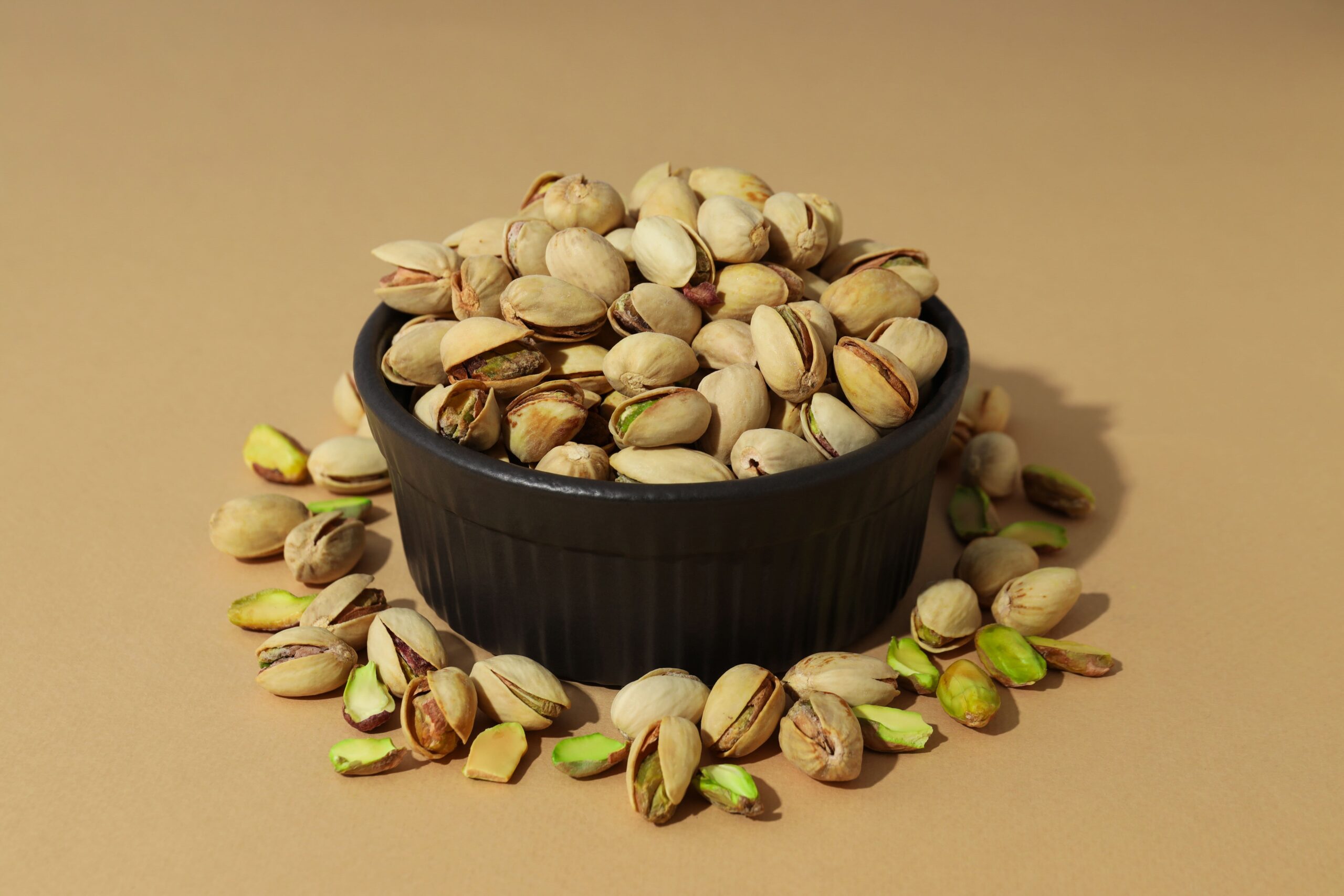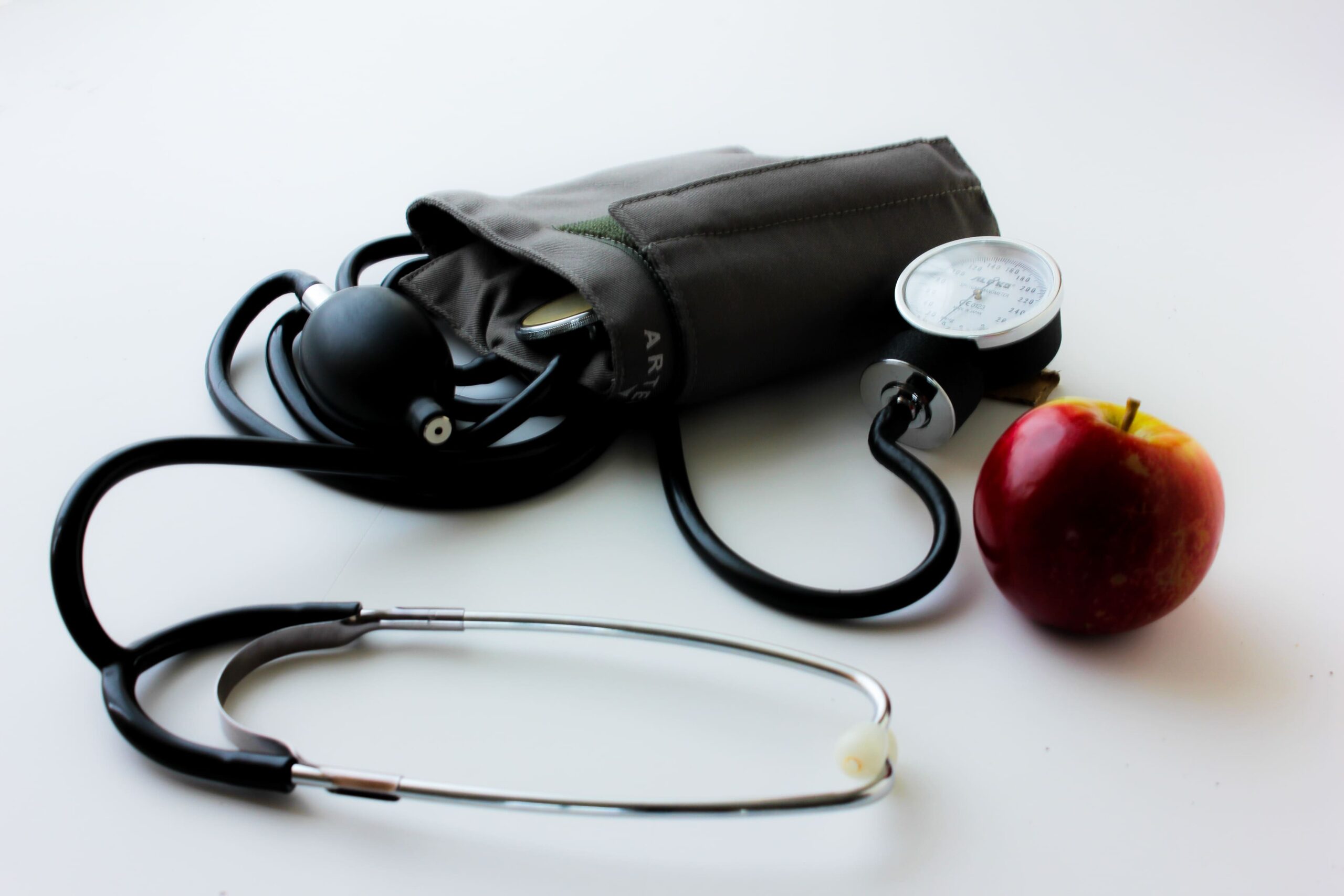Insulin resistance affects many people globally and can develop years before type 2 diabetes appears. In many cases, it can be managed through lifestyle changes without the need for medication, though individual results may vary depending on several factors.
This article explores evidence-based approaches to managing insulin resistance naturally, when medical treatment may be necessary, and practical steps you can take starting today.
Understanding Insulin Resistance
Insulin resistance occurs when your cells become less responsive to insulin, the hormone that helps move glucose (sugar) from your bloodstream into your cells for energy. As a result, your pancreas produces more insulin to compensate, leading to elevated insulin levels in the blood.
Over time, this reduced sensitivity means your body needs increasing amounts of insulin to maintain normal blood sugar levels.
Timeline for Improving Insulin Sensitivity
The timeline for improving insulin sensitivity varies between individuals. Research indicates:
Early improvements: Some people see blood sugar improvements within 2-4 weeks of dietary modifications.
Measurable results: Studies show improvements in insulin sensitivity after 8-12 weeks of consistent lifestyle modifications.
Long-term outcomes: Normalisation of insulin function may take 6-12 months or longer, depending on severity and individual factors.
Factors such as age, genetics, baseline health, and consistency with changes influence how quickly results appear.
How Diet Can Help Reverse Insulin Resistance
Diet plays a significant role in managing insulin resistance. Evidence supports several approaches:
Low-carbohydrate eating: Reducing refined carbohydrates and sugars can lower insulin demands. Focus on whole foods like vegetables, lean proteins, and healthy fats.
Mediterranean-style diet: This includes olive oil, fish, nuts, legumes, and vegetables. Studies show improved insulin sensitivity within 8–12 weeks.
Intermittent fasting: Time-restricted eating (such as 16:8) may improve insulin sensitivity. Always consult your doctor before starting a fasting plan.
Portion control: Losing 5–7% of body weight can significantly improve insulin function. Sustainable, gradual weight loss is more effective than extreme diets.
How Exercise Supports Insulin Resistance Reversal
Physical activity directly improves how your muscles use glucose, independent of weight loss:
Resistance training: Building muscle mass increases glucose uptake capacity.
Aerobic exercise: 150 minutes weekly of moderate activity improves insulin sensitivity.
Post-meal movement: A 10-15 minute walk after eating can reduce blood sugar spikes.
Regular activity: Consistent movement works better than sporadic intense sessions.
The Role of Sleep and Stress in Reversing Insulin Resistance
Poor sleep and chronic stress directly affect insulin resistance:
Sleep patterns: Aim for 7-9 hours nightly. Poor sleep for one week can reduce insulin sensitivity by up to 30%.
Stress management: Chronic stress increases cortisol, which raises blood sugar. Regular mindfulness practices such as meditation, yoga, or breathing exercises may help.
When to Seek Medical Attention
While many people can improve insulin resistance through lifestyle changes, there are situations where medical guidance becomes essential. An internal medicine or hypertension specialist in Singapore can help assess your progress, monitor key health indicators, and initiate treatment if necessary.
Consider seeking medical attention if:
- Your fasting glucose remains above 7.0 mmol/L after 3–6 months of lifestyle efforts
- Your HbA1c stays elevated despite consistent diet and exercise
- You have additional risk factors, such as high blood pressure, heart disease, or chronic kidney disease
- You develop gestational diabetes during pregnancy
- You’re unsure whether your current lifestyle plan is effective or sustainable
Monitoring your progress can help determine when to consult a specialist:
- Fasting glucose: Check monthly, especially in the early stages of intervention
- HbA1c: Reassess every 3–6 months with your doctor
- Waist circumference: Track changes monthly as a marker of abdominal fat loss
- Energy levels: Improved daily function and reduced fatigue can signal progress even before lab values improve
Conclusion
Reversing insulin resistance without medication is achievable for many people through consistent lifestyle changes. While progress may vary, combining diet, exercise, sleep, and stress management offers a strong foundation for long-term improvement. If you’re unsure whether your current approach is effective, schedule a consultation with our internal medicine specialist who can perform comprehensive diabetes and metabolic health testing to diagnose, manage, and treat conditions related to insulin resistance.
Disclaimer: The information in this article is for educational purposes only and is not a substitute for professional medical advice. For a comprehensive diagnosis, personalized treatment plan, and expert management of your condition, please schedule a consultation with our internal medicine specialist at Kaizen Medical.




